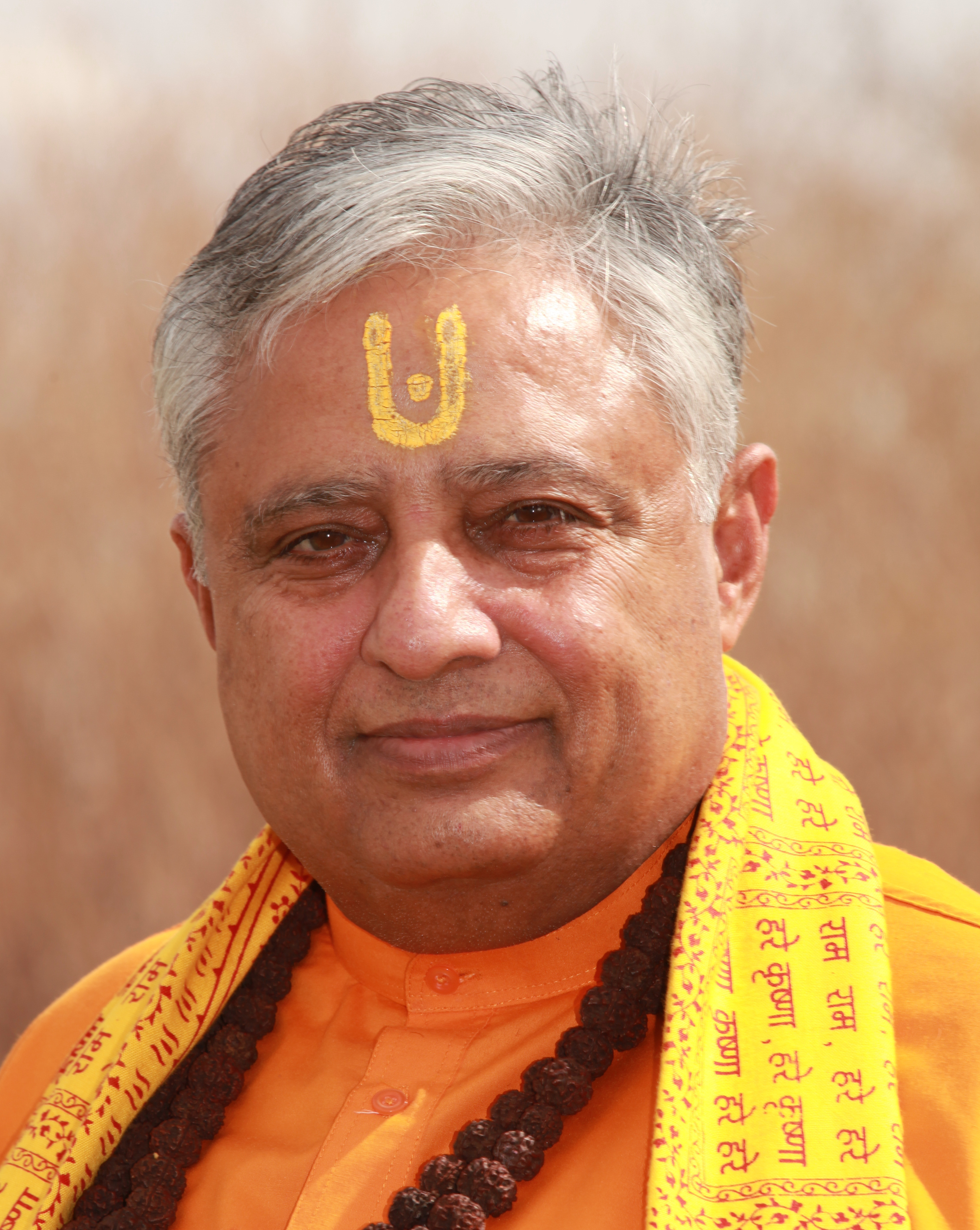 While the Benedictine College (BC), a Roman Catholic college in Atchison (Kansas), wants to abolish yoga fearing eastern mysticism; Vatican Library carries many yoga related books, including “How to know God. The Yoga Aphorisms of Patanjali”.
While the Benedictine College (BC), a Roman Catholic college in Atchison (Kansas), wants to abolish yoga fearing eastern mysticism; Vatican Library carries many yoga related books, including “How to know God. The Yoga Aphorisms of Patanjali”.
Prominent US Roman Catholic universities/colleges—University of Notre Dame, Georgetown University, College of the Holy Cross, Boston College, Villanova University, Santa Clara University, Providence College, College of Saint Benedict, Gonzaga University, Loyola Marymount University, Marquette University, University of Dayton, Creighton University, John Carroll University, Loyola University Maryland, Xavier University, Fordham University, etc., offer various classes and programs of yoga regularly.
Katholieke Universiteit Leuven (Catholic University of Leuven) in Belgium, one of the oldest and most renowned universities in Europe founded in 1425, offers various yoga classes. It is launching “Mindful Yoga” at University Parish “specifically for PhD students and staff”. Its website announcements regarding yoga include “Stop the chaos. Start yoga.” and “Yoga is an ancient method to get back in touch with your inner peace. Yoga means ‘union’.”
Distinguished Hindu statesman Rajan Zed, in a statement in Nevada today, urged BC to relook into their reported yoga decision and not deny its students the opportunities of exploring various valuable benefits yoga offered.
Zed, who is President of Universal Society of Hinduism, in view of the apparently substantial student interest in keeping yoga in BC, also urged BC to conduct referendum among all its students on whether to keep or discard yoga.
University of Notre Dame “is hosting a national yoga certification” on April 22-23. An announcement points out: Yoga prepares and conditions the body via various postures or asanas in order for the mind to practice meditation with little to no obstacles. Georgetown University offers a ten-week yoga class and is providing “free yoga for faculty & staff”. College of the Holy Cross offers “noon-time yoga classes” for faculty and staff throughout the year.
In Boston College, which offers seven different varieties of yoga classes, a student wrote “Yoga for Traumatic Stress” dissertation for her doctorate in social work, while another assembled an doctorate dissertation “Moving to Heal: Women’s Experiences of Therapeutic Yoga after Complex Trauma” in education department. A Villanova University Doctor of Nursing Practice student co-authored “A pilot study of the effects of an 8-week integrative yoga program on function and quality of life in people with moderate multiple sclerosis–related disability”. Providence College Workshop Programming included “Yoga and Meditation for Stress Reduction”.
College of Saint Benedict organized a “Yoga Retreat”. Gonzaga University offers “Intro To Yoga – Free Week”, where “Students will learn the basics of yoga to prepare them for the yoga classes held during Session 1 & 2.” An announcement of Marquette University, which offers free student yoga classes, states: Yoga…is the union between mind, body and spirit. Physical Therapy faculty of University of Dayton undertook a pilot study: Effects of Yoga on Arm Volume among Women with Breast Cancer Related Lymphedema.
Master of Arts in Yoga Studies program at Loyola Marymount University, in which students learn the Sanskrit language, “is designed to help students explore Yoga’s rich history, its relationship to religion and spirituality, and immerse themselves in Yogic philosophy”. It also offers various Certificate Programs (like Yoga Philosophy), Teacher Training Programs and Specialty Programs in yoga. It is organizing a hands-on workshop “Yoga in Schools” on April 23, where “participants will learn tools, techniques and philosophies for teaching yoga in both public and private schools”.
Creighton University researchers are trying to find out “Can yoga help patients quit smoking?” John Carroll University has offered “Late Night Yoga” at 10 pm and 12 am. A Loyola University Maryland announcement says: Yoga can be an effective method to reduce stress and anxiety and Loyola has free yoga classes. Xavier University has a “Friday Yoga Wellness Program”. At Fordham University, “Fordham Law provides weekly Yoga and Stress Reduction Workshops for students.” Benedictine University Lisle campus website indicates: Yoga helps to improve the mind-body connection, improves mood and reduces stress.
“Concerned student body”, which started an online petitions at “care2 PETITIONS” to “bring back yoga” to BC, has received 159 supporters. Commenting in this petition, Justin H. found it “embarrassing”. Kathryn L. said: yoga is an incredibly beneficial practice, and should be brought back. Kathleen C. was “seriously disappointed”. Ruth E. felt: My Catholic faith is stronger now because of yoga. Joshua R. pointed out: you are robbing your students of an opportunity for growth. Kenneth H. mentioned: Just because a healthy way of exercise, and way to relieve stress, stems from a different religion does not mean it should not be allowed on campus. Laura R. indicated: The practice is not demonic…Stop treating students like infants.
Teen Vogue published an article on April 14 with the title and sub-title: “Benedictine College Bans Yoga—And what they’re putting in its place is cultural appropriation.”
An alumnus, writing in Kansas City Star on April 14, commented: “Benedictine College’s yoga ban is a stretch”.
Yoga, referred as “a living fossil”, was a mental and physical discipline, for everybody to share and benefit from, whose traces went back to around 2,000 BCE to Indus Valley civilization, Rajan Zed noted.
Zed further said that yoga, although introduced and nourished by Hinduism, was a world heritage and liberation powerhouse to be utilized by all. According to Patanjali who codified it in Yoga Sutra, yoga was a methodical effort to attain perfection, through the control of the different elements of human nature, physical and psychical.
Yoga was the repository of something basic in the human soul and psyche, Rajan Zed added.
Source: World Hindu News (WHN)





